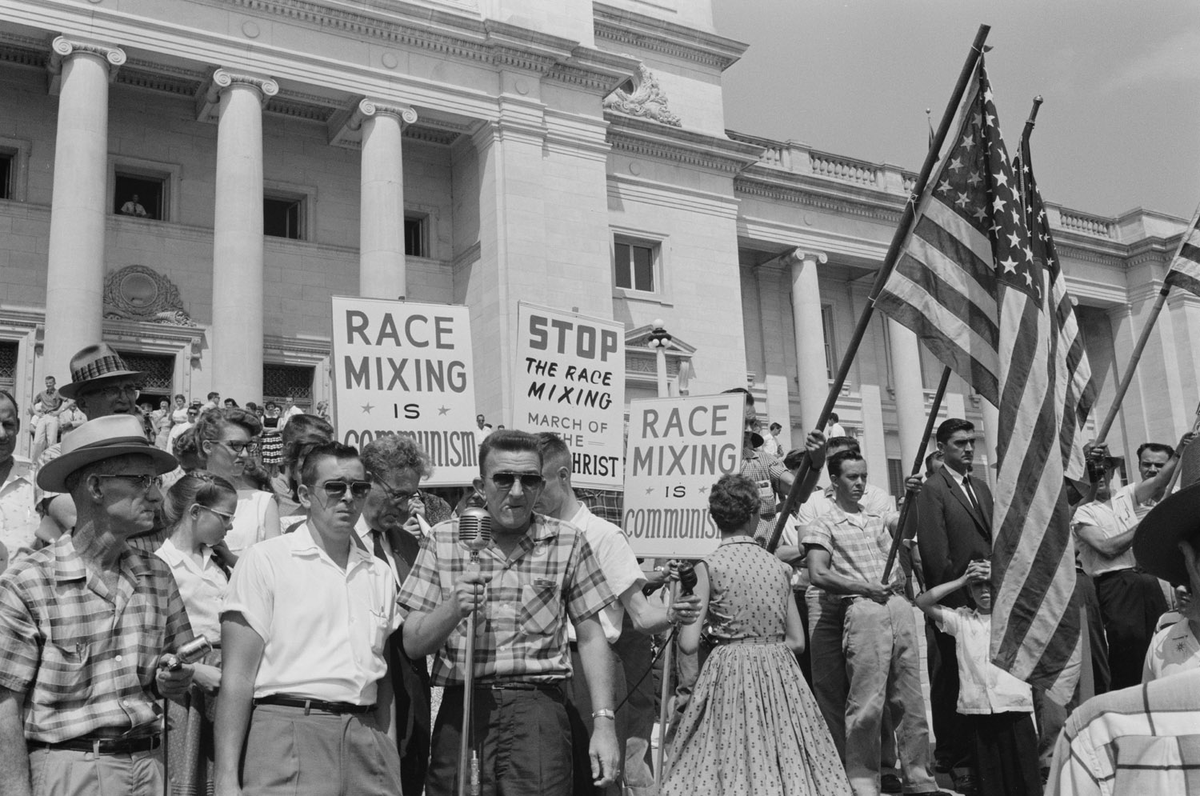6. ALIGN
Try this: suppose you belong to a society that has done something good. Suppose you belong to a society that has organized in such a way that when the city decides, it represents the voice of all people as equally as possible. http://www.armoxon.com/2020/10/streets-6-align.html">https://www.armoxon.com/2020/10/s...
Try this: suppose you belong to a society that has done something good. Suppose you belong to a society that has organized in such a way that when the city decides, it represents the voice of all people as equally as possible. http://www.armoxon.com/2020/10/streets-6-align.html">https://www.armoxon.com/2020/10/s...
Not all societies have done this, as I’m sure you know. In fact, in human history, this is a fairly recent idea, and its execution has been largely imperfect.
For most of human history the assumption has been that there are people who mattered most—and many many others who mattered much much less, and then masses of people who don& #39;t matter at all.
The way it worked, we’d have king, or the landed gentry, or the patriarch, or the warlord, or the billionaire—and they will decide, and everybody else will obey, and that’s how it all gets done.
We still have that situation in many places, even in places who have opted into this new innovation of equality, and in those places, the effects of those choices affect the people who live there the way human action always affects people.
But pretend for just a moment that you belong to a society that has chosen equality and enacted it perfectly. Everybody has a voice. For purposes of scale, everybody chooses representatives, but everybody gets to choose the representatives, without restriction.
In this hypothetical, you are born into a society that is dedicated to equality. Here’s what changes that fact: nothing.
If you don’t take direct action to abet it, you’re still a part of it.
If you don’t even know anything about it, you’re still a part of it.
If you don’t take direct action to abet it, you’re still a part of it.
If you don’t even know anything about it, you’re still a part of it.
*Even if you’re actively working against it to change it,* you’re still a part of it—though your choice to align against it may indeed someday change it, and that choice matters.
If you belong to an equal society your choice is not whether or not to be a part of an equal society. Your choice, if you are aware of the reality of your context, is whether or not to align with it, and in so doing, with the effort to preserve it or to change it.
The default, by the way, is to align with it. If you don’t know about it, then you are carried along in the current of your natural human system, which will do its work with or without your knowledge or consent or intent, even though you still participate in it.
We know this instinctively, I’d observe, we humans. We certainly know it it my country, which is the United States.
We’re very proud of having “freed the slaves,” for example, and for “saving the world in World War II,” and liberating concentration camps, and for the Civil Rights movement, and for being an economic superpower, and going to the moon, and so on.
We *personally* didn’t do these things. Yet we seem to understand that we’re a part of it, and we’re proud of that. It’s nothing we did, understand. It came to us automatically, inextricably.
Here in America, many of us like to inherit only the good.
This is our alignment.
Here in America, many of us like to inherit only the good.
This is our alignment.
Now I’m going to ask you to stretch your imaginations again: suppose you belonged to that society that was *not* perfectly equal.
Imagine you belonged to a society that until fairly recently had not allowed women to vote, to own property apart from their husband, to make decisions about their own bodies, to participate in society.
Imagine that for centuries when *the city decided,* it did not represent the voice of women and thought even the suggestion that they should to be dangerous and foolish.
Imagine the full weight of that inherited inequality.
Imagine the full weight of that inherited inequality.
Imagine you belonged to a society for which this was also true for people who were not deemed white. Or who were not property owners. Or who were not Christian. Imagine the full weight of that inherited inequality.
Imagine that, even though this society now did permit these people to make their voices heard, it still had preserved many foundational practices that took these inequalities as assumed, and allow them to reverberate through the presumptions of narrative and its halls of power.
In this hypothetical, if you were a man, if you were deemed ‘white,’ if you owned property, you’d benefit from all this—automatically, and if you were a woman, if you weren’t deemed ‘white,’ if you didn’t own property, you would suffer just as automatically.
In this hypothetical, you would belong to a society founded in inequality. If you were deemed ‘white,’ or a man, or a property owner, or any other vector of inequality that might exist that hasn’t yet been explored in this example, then you would benefit.
If you were more of those things, you’d benefit all the more. If you were all of these things, you’d benefit the most.
You’d have inherited more value—much of it unnaturally diverted. Stolen from others, to whom it otherwise would have come automatically.
You’d have inherited more value—much of it unnaturally diverted. Stolen from others, to whom it otherwise would have come automatically.
Here’s what could change that fact: nothing.
If you don’t take direct action to abet it, you’re still a part of it.
If you don’t even know anything about it, you’re still a part of it.
If you don’t take direct action to abet it, you’re still a part of it.
If you don’t even know anything about it, you’re still a part of it.
*Even if you’re actively working against it to change it,* though your choice to align against it does matter— because that choice may indeed someday help change it—it doesn’t mean you’re not part of it, or don’t participate in it.
If you belong to an unjust society your choice isn& #39;t whether to be a part of a just society or an unjust one. Your choice—if you are aware of the reality of your context—is whether or not to align with or against it, and in so doing, with the effort to preserve or to change it.
And until you acknowledge it exists, until you admit your context within it, *you can’t align against it.*
Alignment with is the default. Ignorance carries you along in the current of your natural human system, which does its work regardless of knowledge or consent or intent.
Alignment with is the default. Ignorance carries you along in the current of your natural human system, which does its work regardless of knowledge or consent or intent.
We refuse to know this, I’d observe, we humans. We certainly refuse to know it in my country, which is the United States.
We reject the notion that we enslaved the people we’re proud of freeing, that our heritage doesn’t only include a fight that ended with slaves freed, but also a fight to keep them enslaved and expand the territory of enslavement.
We refuse to admit that we’ve inherited not just the moral weight of the Civil Rights Movement, but also the angry, energized, powerful, violent, and murderous opposition to it.
We credit ourselves with defeating the Nazis, but refuse any culpability for having generated the racist practice and theory that energized and inspired them.
We Americans are very offended at the notion that we should inherit responsibility for harm. All the more so, the more we still benefit from that legacy of harm; the more male, and white, and straight, and Christian and wealthy we are.
We’re so opposed to the very question “does this have anything to do with me?” that we never ask it, and we reject out of hand any who ask it. It is for us a disqualifying question.
We give ourselves license to ignore anyone who ask it, for the offense of having asked.
We give ourselves license to ignore anyone who ask it, for the offense of having asked.
Here in America, many of us love to inherit wealth, but refuse to inherit responsibility.
This, too, is our alignment. http://www.armoxon.com/2020/10/streets-6-align.html">https://www.armoxon.com/2020/10/s...
This, too, is our alignment. http://www.armoxon.com/2020/10/streets-6-align.html">https://www.armoxon.com/2020/10/s...
It’s not a question of being a part of the problem or part of the solution. We don’t face such easy dichotomies as that, no—it’s a question of whether or not we accept the extent to which we are already a part of the problem.
Accepting we are already a part of the problem means we have to face a second choice, even less comfortable, which is whether or not to do anything about it.
Individualist, understand this: your alignment is the only real choice you’ve got. http://www.armoxon.com/2020/10/streets-0-next_30.html">https://www.armoxon.com/2020/10/s...
Individualist, understand this: your alignment is the only real choice you’ve got. http://www.armoxon.com/2020/10/streets-0-next_30.html">https://www.armoxon.com/2020/10/s...

 Read on Twitter
Read on Twitter






